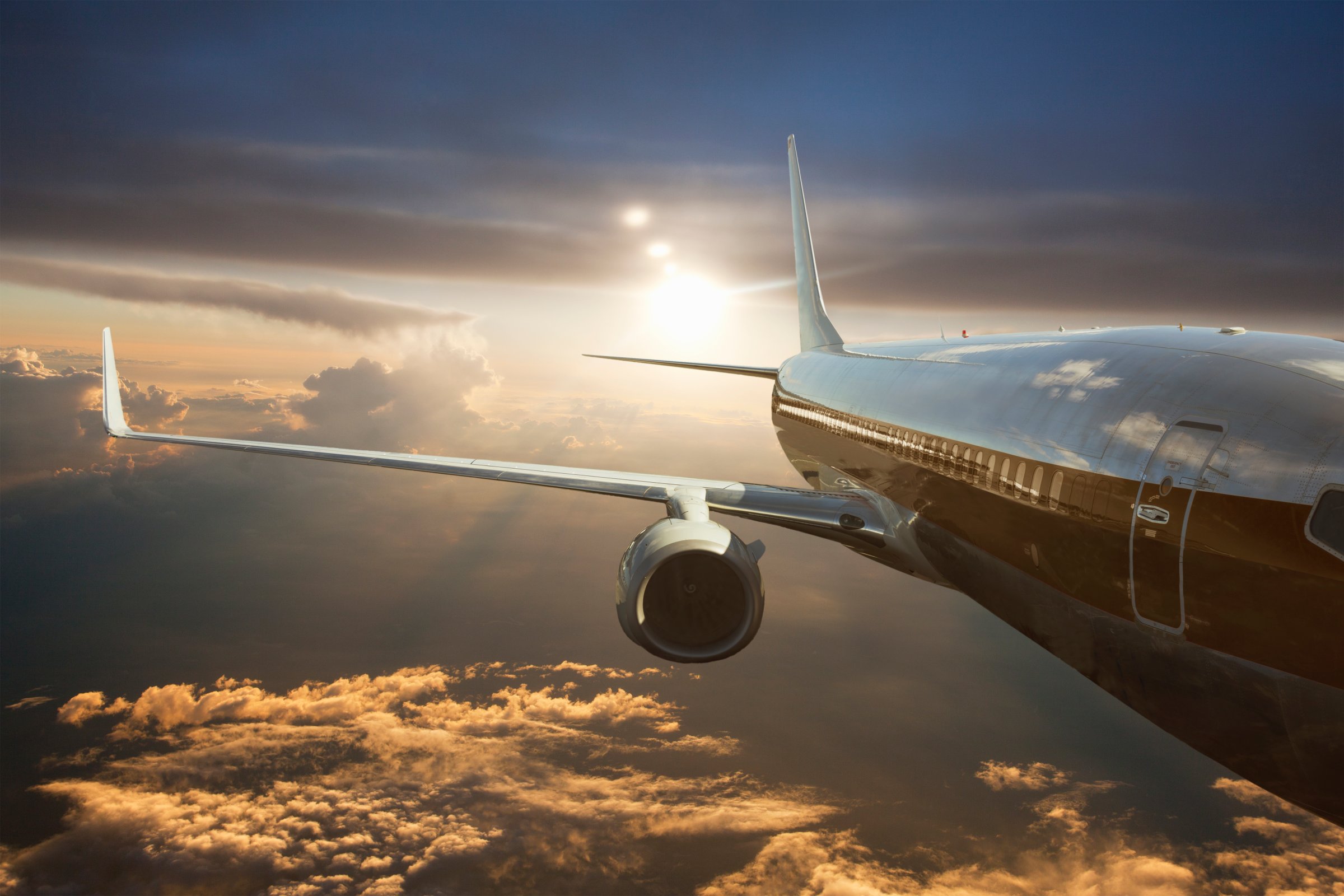
Airlines are great! That’s the news projected by the 2013 Airline Quality Rating (AQR) report, a joint research project presented annually by Wichita State University and Embry-Riddle Aeronautical University. According to the report, the airlines have achieved their highest quality ratings since the report started in 1991. The carriers achieved a score of -1.07 in 2013 compared with -1.11 in 2012. “The movement of the AQR score to a record low level during difficult economic times speaks well of the industry,” the report’s authors concluded.
And you are saying to yourself: huh? Because it’s probably not apparent to most passengers that things are going so swimmingly. (It wasn’t apparent to me recently when my flight home from Charlotte was canceled at the very last minute.) Nor is the economy apparently that difficult for the carriers: Delta earned $2.7 billion last year.
The annual AQR survey is based on four weighted criteria: On-Time, Denied Boardings, Mishandled Baggage and Customer Complaints. In the formula used to compute the scores, the last three are assigned negative impacts, which helps explain the negative numbers. The industry improved in the last two of those four categories: involuntary denied boardings (getting bumped) and customer complaints.
But in the areas that probably count the most for passengers—on-time performance and baggage handling—the industry continues to decline. On time arrival percentage was 78.4% in 2013 compared with 81.8% in 2012. And that figure is unlikely to improve this year, given the record number of cancelations and delays due to weather in January and February. Keep in mind, too, that a flight isn’t considered “late” unless it gets to the gate more than 15 minutes past its scheduled arrival time. And most flights are scheduled on “block time” meaning there’s already a cushion built in.
As far as individual carries go, Virgin America once again maintained its top ranking. In case you’re not familiar with Virgin America, it’s boutique airline that flies point to point, which helps its on time rating and baggage ratings. Virgin America’s product—its jets, its seating, its in-flight service—is among the best in the industry. Not so much its prices. It can get underpriced by the mainline carriers, which is why the Virgin America remains in the red.
Indeed, Virgin America has a lot in common with Jet Blue, No. 2 on the list. Jet Blue is another carrier with a smart product in the air. But Jet Blue’s on time record fell an awful 4.7 points. It’s a northeast-based carrier more vulnerable to weather than, say, Hawaiian Air. But Jet Blue’s growth has also strained its operational capability, and the carrier has made improving its on-time performance a priority.
Southwest, which was once ranked No. 3 in the report, is now treading water at No. 8. It too, is a carrier struggling to stay fit in its middle age. Like Jet Blue, Southwest has scale issues: it’s not a network operation that benefits from hub and spoke, but its web of flights, not to mention its 2011 acquisition of Air Tran, make Southwest more difficult to manage. The carrier’s on-time performance dropped 6.4 points last year to 77%; in December, on time cratered to 58%, the worst in the industry.
Then again, the on-time data across the industry remains dismal. That industry-wide decrease of 3.4 points to 78.4% represents an additional 330,000 delayed flights annually, based on data compiled by the Transportation Dept.’s Research and Innovative Technology Administration. And you wonder why you aren’t getting anywhere?
And given the decrease in timeliness, it figures that mishandled baggage rates were worse, too, increasing from 3.07 per 1,000 passengers in 2012 to 3.21 per 1,000 passengers in 2013. Once flights fall behind schedule, so do baggage connections—you may be able to race to make your connecting, but your bag doesn’t have legs.
The big improvements were in customer complaints and denied boardings. The latter were down to .81 from .97 per 10,000 boardings—meaning, it’s not a significant problem overall. And at least you get some compensation from denied boarding; with the vast majority of cancelations and delays, you get nothing. Note that in compiling data on mishandled baggage the ratio is lost bags per thousand while with bumping it’s denied boarding per ten thousand.
And why are customers complaining less? Easy. They’ve just given up.
More Must-Reads from TIME
- Donald Trump Is TIME's 2024 Person of the Year
- Why We Chose Trump as Person of the Year
- Is Intermittent Fasting Good or Bad for You?
- The 100 Must-Read Books of 2024
- The 20 Best Christmas TV Episodes
- Column: If Optimism Feels Ridiculous Now, Try Hope
- The Future of Climate Action Is Trade Policy
- Merle Bombardieri Is Helping People Make the Baby Decision
Contact us at letters@time.com